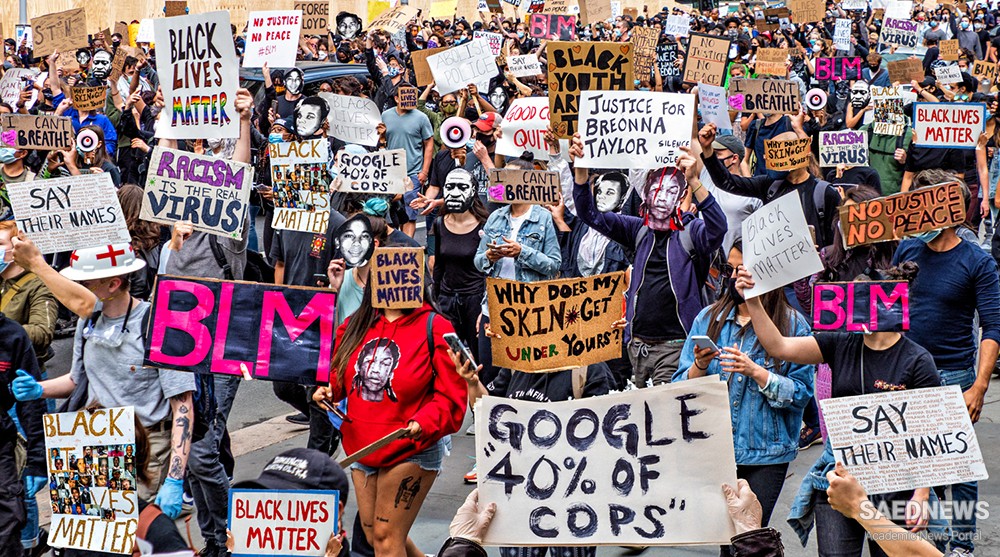Pacifism also meant social action. It was not merely a philosophy but a political program and a commitment to social change. It was distinct from the quietist tradition of some religious sects, whose members tended to withdraw from public life and cede to the state the realm of practical politics. This was not what the early twentieth-century pacifists had in mind. Arnaud sought to distinguish pacifists from those who merely hope or pray for peace. “We are not passive types . . . we are pacifists.” Pacifism included a personal commitment to take action, to work for peace. It implied, historian Roger Chickering wrote, a “high degree of engagement in activity” to help reduce the level of violence in international relations. The study of peace is thus a history of social action as well as of ideas, an examination of social movements and of intellectual development. Soon after the term pacifism emerged debates developed over its exact meaning and application. Should it encompass the traditional peace societies, which were often quite conservative and in some cases supported military “preparedness?” Did it apply to internationalism, which tended to focus narrowly on promoting arbitration and international law and institutions? Internationalists could be either conservative or progressive, favoring the status quo (including the system of imperialism) or advocating greater equality of status among nations. Was the term pacifism appropriate for the socialist parties, which opposed imperialist war but were prepared to support the class war? What about the democratic nationalists who supported the use of force for the just cause of national liberation? Could all of these diverse approaches, each in its distinctive way claiming to embody the path to peace, fit within one broad pacifist movement? These differences came to a head with the outbreak of war in 1914, when the peace movement collapsed and fractured. Most peace advocates, including internationalists and socialists, abandoned their commitment to transnational solidarity and marched off to war. Only a small remnant of the previously broad international movement stood apart from the nationalist frenzy and remained steadfast in opposing war.


 Peace, Nonviolence and Cooperative Power
Peace, Nonviolence and Cooperative Power














































